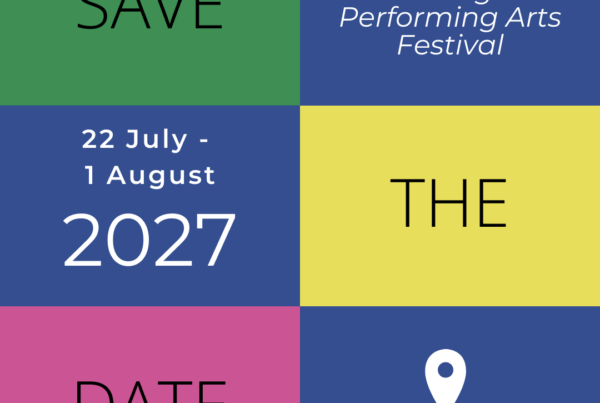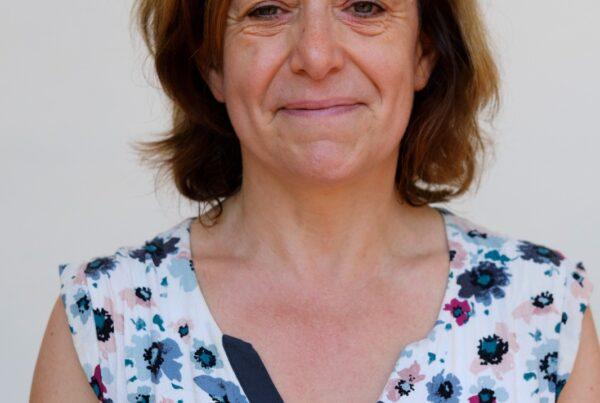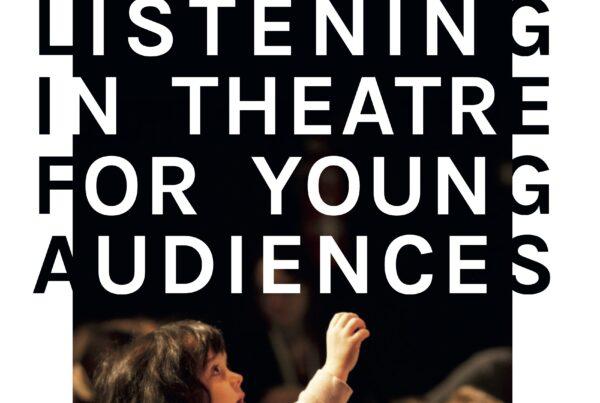We too often hear that children and young people are spectators of tomorrow, or citizens of tomorrow. I am happy to say that this is not the case - today’s children and young people are spectators of today and citizens of today. I have read somewhere that children are serious people. Will you believe that? Well look out, it is all the more true compared to many past and contemporary world leaders.
I wrote this article during the weekend. I did not want to disturb or bother any of the staff members to ask how many visitors ASSITEJ International’s website had, and who are clicking where.
I often find very interesting information on that website, and there is much more when you start diving into it, as if it were endless. Even though it’s not the only the topic of my opener, I sincerely would like to thank all staff members, EC colleagues and others who contribute, almost every day, to make this website a storehouse of information.
So I have two recommendations for you:
The first one is to read the material in the research done via the ‘Building Collective Resilience Project’.
If you haven’t already read the final findings on the Value of TYA on ASSITEJ International’s website, I highly recommend that you do it (and all the other topics actually). You may find something interesting, and you may discover something from your own experience, but with these findings you also have a tool to show your funding bodies why making/participating in theatre for children and young audiences is so important for them; because it enables them to engage with confidence in various pathways in their lives. It is indeed important for us too; not only as professionals (artists, producers, researchers and the like) but also in our everyday adult life.
We too often hear that children and young people are spectators of tomorrow, or citizens of tomorrow. I am happy to say that this is not the case – today’s children and young people are spectators of today and citizens of today. I have read somewhere that children are serious people. Will you believe that? Well look out, it is all the more true compared to many past and contemporary world leaders.
I have attended many discussions with children and young people after the sharing of a work in progress. Many times they are driven to give the “right” answer when questioned. But when you ask their parents and/or teachers to stay quite so children give their own answer it is striking to hear playfulness, curiosity and joy – three keywords that you will find in the Value of TYA research. Did you know that children aged from 3 to 7 for example can frequently and spontaneously have philosophical excursions? They perceive things that adults have forgotten to perceive, or that we do not dare to perceive. Many at some age will never stop asking you “why…?”. We need to see them play and we also need to feed their curiosity. But reciprocally we need to play and we need to widen our curiosity.
Other keywords you’ll find in the research are creativity and empowerment through the arts. Creativity is linked to imagination, elaborating new concepts, developing solutions. Children’s and young people’s creativity is boundless. I like the last one very much also; for me it refers to the concept of active citizenry. We need to give them power, a place in the room for discussion whatever age they are, because not only they will learn something from us, but WE will definitely learn something from them.
The second recommendation, is about sustainability… and you can find it in the article below.
Do you know how many results will you find when you look for “sustainability” on the ASSITEJ website? Well I bet you will be surprised (as I was). Again congrats to everyone involved in that, especially the ASSITEJ green team who is putting together a new sustainability policy (coming soon).
Read our current sustainability policy







